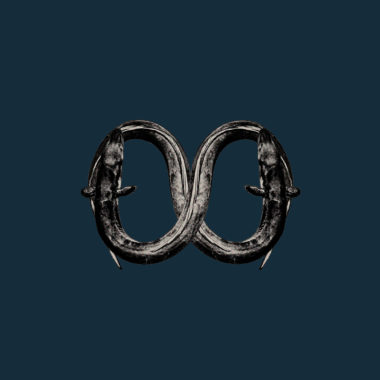Karen Lacroix is the founder of the Illustration School in Porto, an international research and pedagogical platform investigating the expanded field of illustration and food. Here she explains how food as a medium can activate practice in illustration and how it has been used in their workshops to promote togetherness and collective effort to face systemic challenges.
With the climate emergency and all its many dimensions – political, financial, social, cultural – pedagogy can’t be one-dimensional, and disciplines can’t afford to be self-centred. The Illustration School is concerned with making bridges between disciplines, having illustration and its specificities as a point of departure. It was in this context that food became an area of interest for us; not just for its wide-reaching ramifications in our lives, but also for its capacity to activate the aforementioned dimensions that climate emergency makes visible. Therefore, food becomes a research tool and vehicle to counter disciplines, like illustration, for example, that have become tendentiously technological, with an over-focus on technical skills. Food allows illustration to promote togetherness, and to question the implications of personal decisions and the potential of collective action to face systemic challenges. The Illustration School is a continuous lab, infused with field research and documentation.
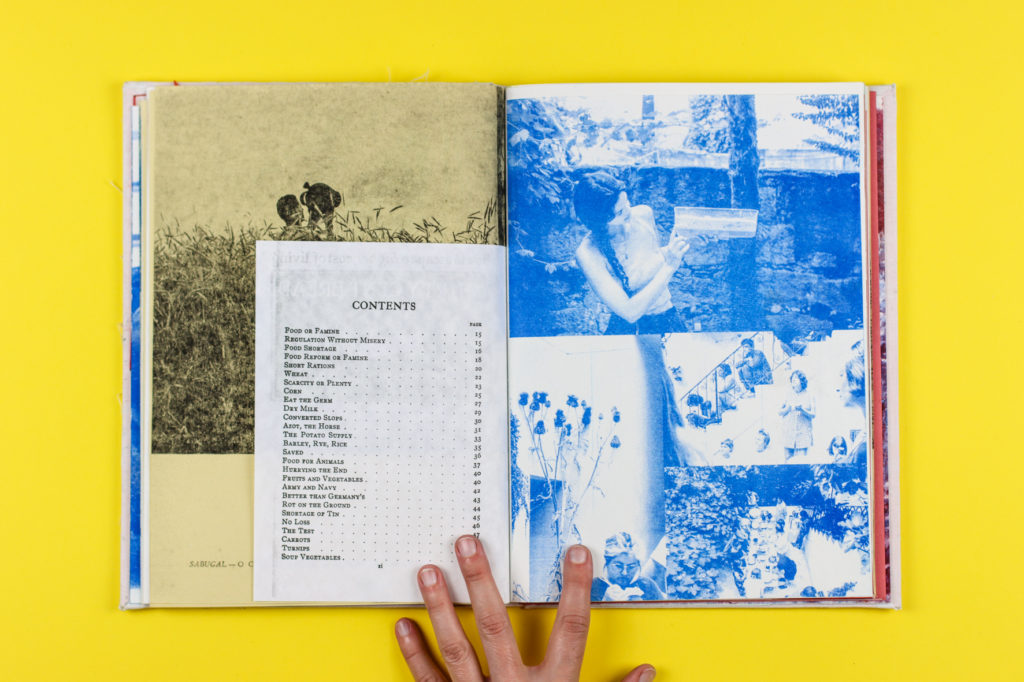
Let us take the summer 2019 edition of the Illustration School as an example. Among the international guest pedagogues, architect Matilde Seabra took participants on a journey to make people aware of the places they live in, questioning why things are the way they are, with a focus on our relation to space. Sharing, being together, solidarity and passing of knowledge were key concerns debated – cutting across the school’s pedagogical model.
Designer Orlando Lovell investigated the capacity of a designed experience to evoke memories and emotions through the baking of cakes. How can we understand people through the lenses of cakes? How can they bring people together? How do narratives fold together in such an apparently banal object?
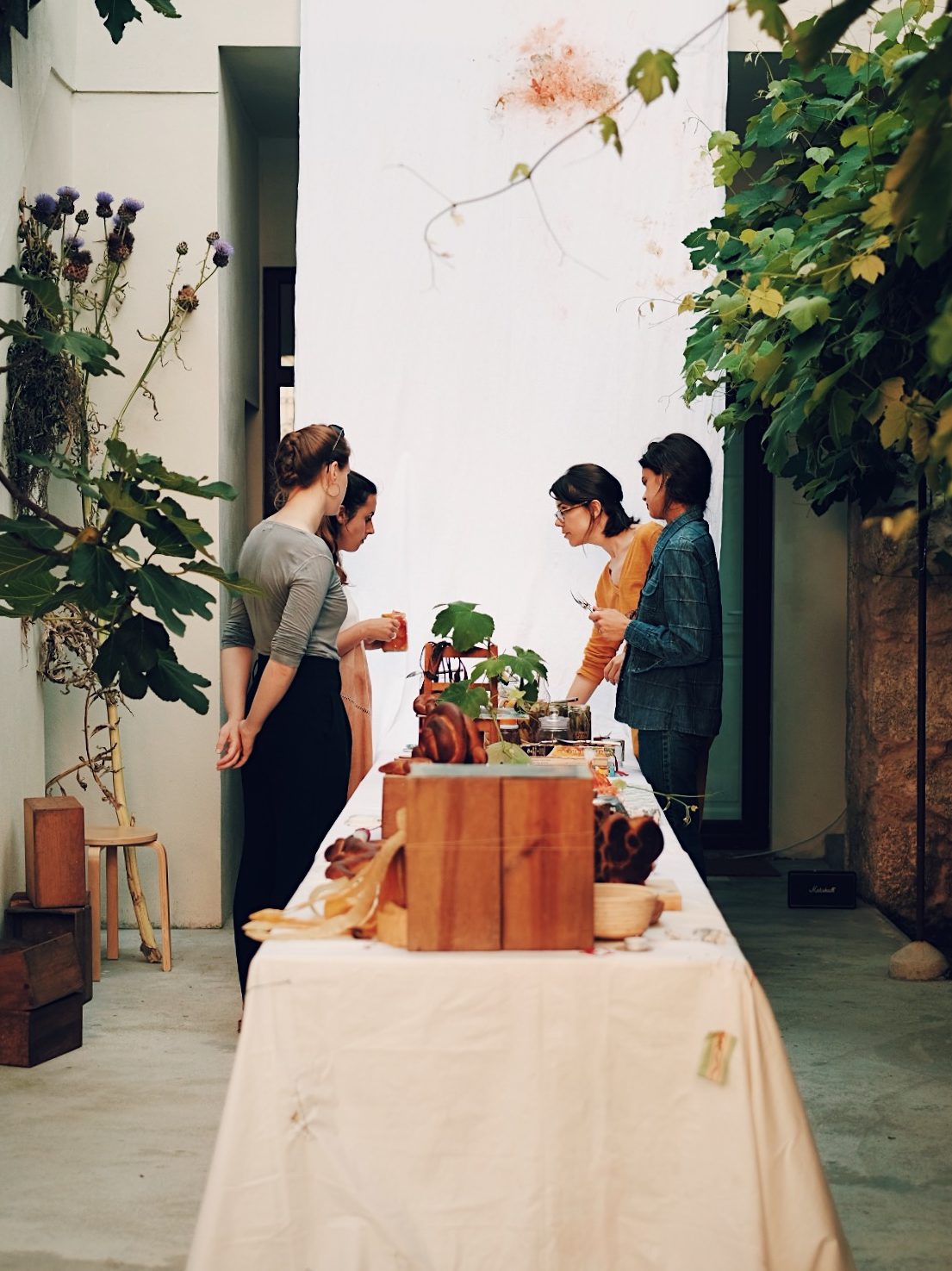
Commissioned by Agency Leroy and published in Iittala Journal #3. Image ©️Matilde Viegas.
Artist Lexie Smith, bringing her project Bread on Earth to the table, was central to this edition of the school. The quality of everything we eat has been altered by industry and political and financial interests. If we need a diversity of grains in our bread-making culture, we encounter profit and control at the root of important decisions affecting what we eat. Who controls the means of production? What are the many consequences of these decisions and all their cycles? These and other questions were investigated through bread, collectively and by allowing the process of making bread to be a compass for thinking, planning, analysing, debating and producing.

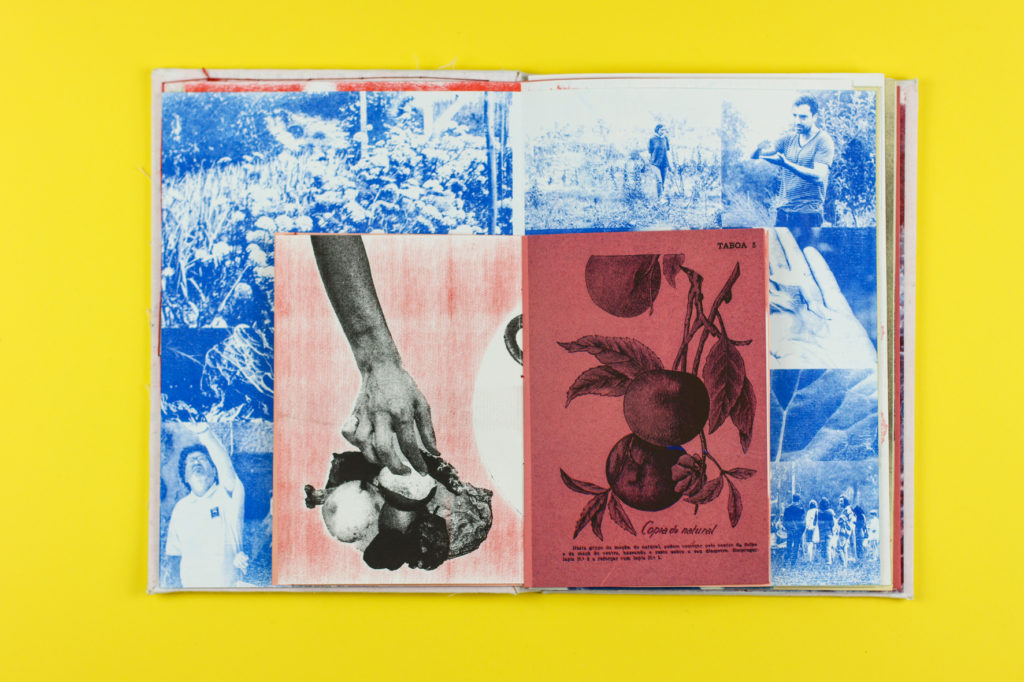
Fermentation was the focus of another day led by artist Inês Neto dos Santos, exploring the role of bacteria in our bodies and the process of transformation of food. How can fermentation be used as a metaphor for community-building? And how can it illuminate our past and our future? The visual and scenic dimensions became important in staging the workshop, the experiments, in pausing or activating moments throughout the day – in transferring knowledge.
Documentation is fundamental to these processes, and illustration an important ally. We can’t afford to start from zero every time. Photographer Margarida Correia brought insight into historic ways of depicting and portraying food photographically at a time of manipulation and social media domination.
The goal of the workshop I led on the final day was to bring all the days of the summer school together and to materialise the many discussions and planning that preceded the school, with fellow tutors and researchers. Promoting collective production is of the utmost importance for the Illustration School: it creates a bond and a shared responsibility, a collective will. What was collected during the school? What is of most value and who decides that?
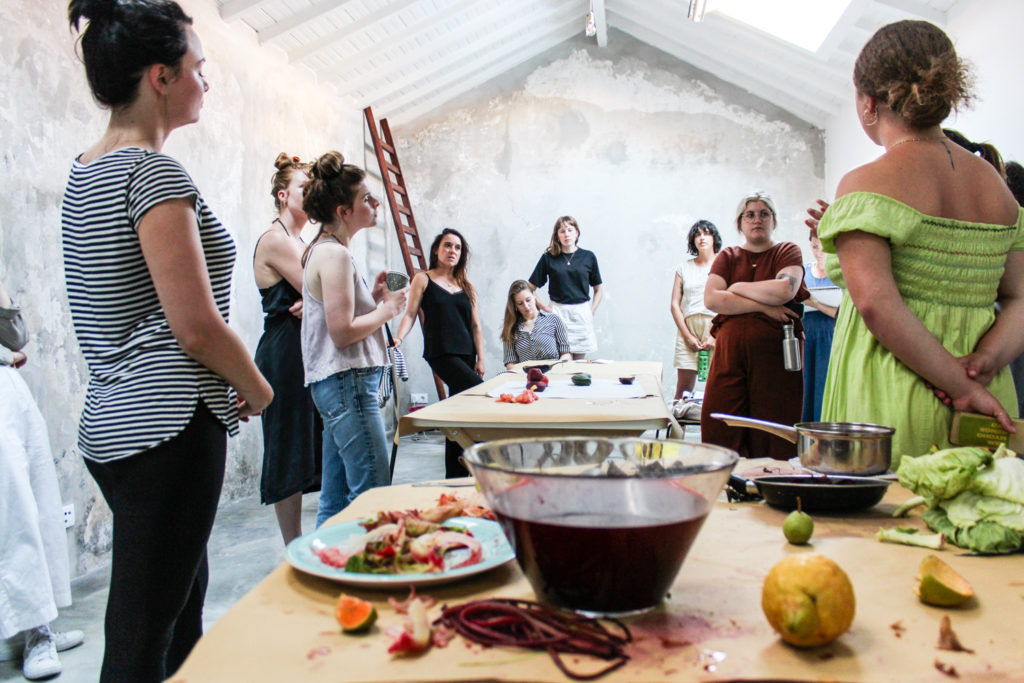
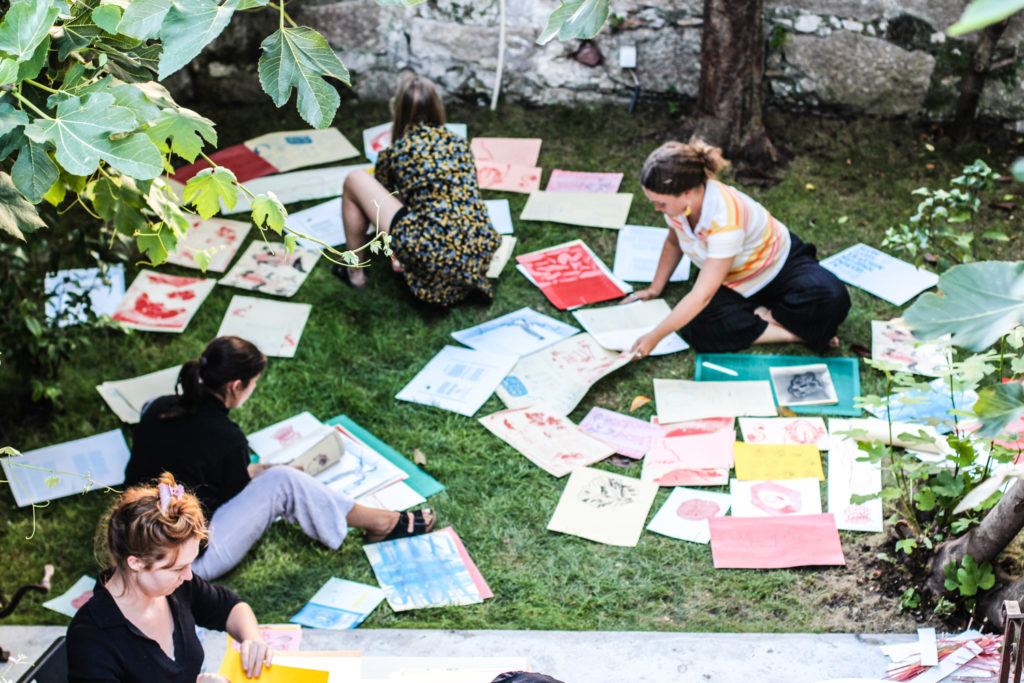
Together we evaluated and sorted the material produced by the participants in order to bring it together into inidvidual, unique, Riso-printed folios. Editing together allows a time-travelling experience that filters personal interests and prioritises group contribution to a subject that is studied by people across the world – the designer-as-editor.
This edition of the school, building upon earlier experiments and paving the way for other pedagogical explorations later in the year and beyond, forced illustration to zoom out. Spending time at farms speaking with people with complementary knowledge and collecting samples, understanding their value and potential, and putting emphasis on method, difference and specificity, not universality, are at the foundations of what we aim to share with participants and our own research ethos.
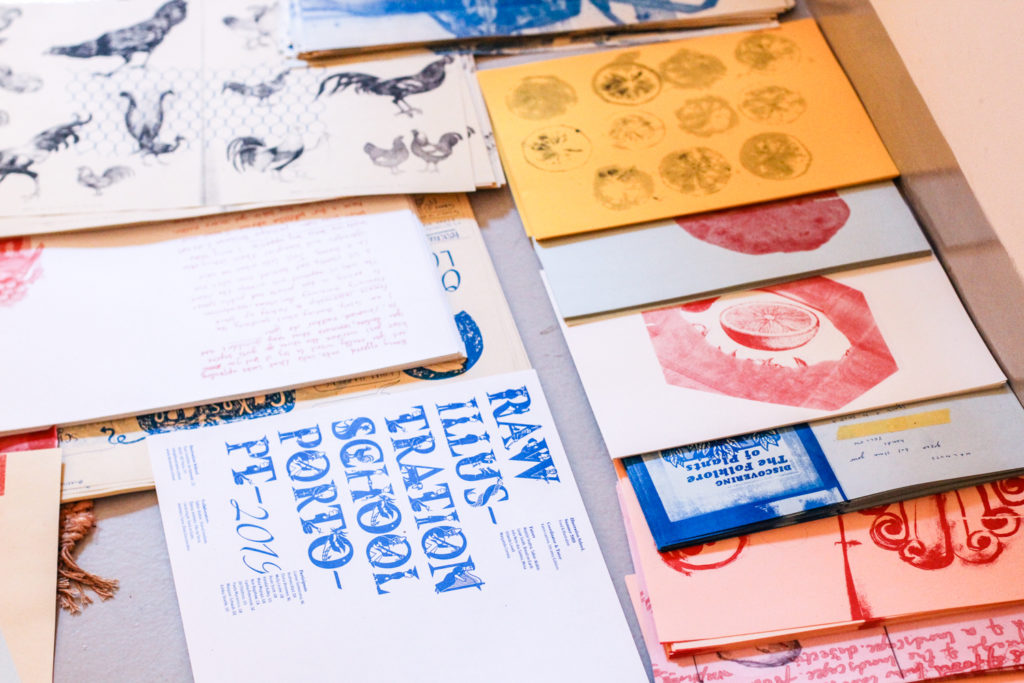
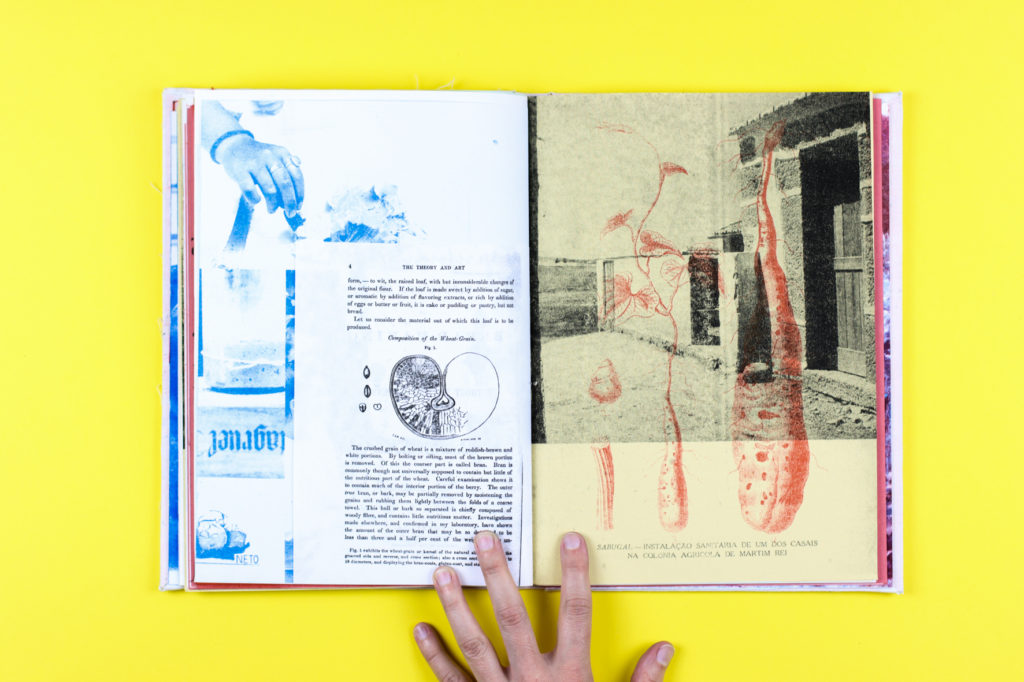
Context is key. This final version of the folios – handmade and hand-stitched as a tiny edition of volumes – was edited, assembled and produced during the confinement provoked by the global pandemic of 2020. It encourages us to see the relevance of what we do in these particularly difficult times. What was of value? What has been planted? How can we contribute meaningfully to a better society? And what role might illustration play in such complex times? These are questions with no easy, nor single, answer. We hope to continue discovering and improving together – it’s the only way we can change.
During this period now, we give value to the times we spent together then, discovering and embracing difference and diversity, and the potential of a discipline that we share an interest in. But – just as important – the research we developed in 2019 collectively, tries to allow participants to use their knowledge beyond the limits of the discipline and reach out to other domains, questioning their practice and human activity through multiple lenses.
Karen Lacroix is an illustrator, designer and publisher based in Porto, Portugal. She taught visual narratives from 2009 – 2014 at Richmond University, UK. After concluding an MA in Visual Communication at the Royal College of Art, she founded Uncanny Editions, an illustration publisher and studio exploring different modes of publication practice, collaborating with institutions such as the National Portrait Gallery, The Photographers’ Gallery and X Marks the Bökship. She is also the founder of the Illustration School, a nomadic pedagogical platform that investigates the expanded field of illustration and is co-director of the design research centre Shared Institute.


